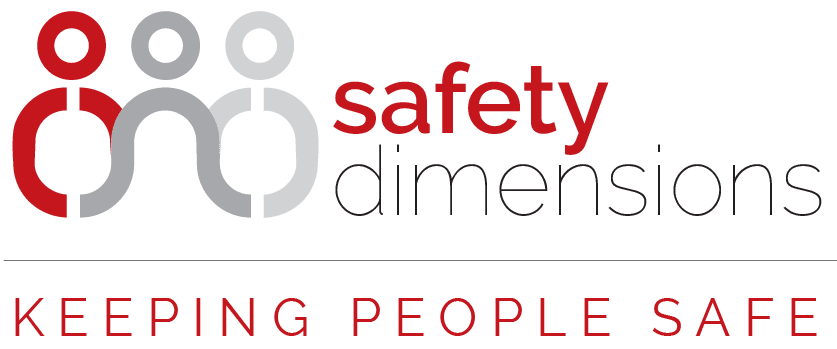We work everyday with large companies with diverse groups of learners and talk a lot about what makes good adult learning. How do you build and facilitate really great learning experiences?
It’s common to have group of learners in our training who work on the frontline who are technically proficient and may have left formal schooling in their mid-teens. They know their jobs well and are considered functional experts, but when they come into a training environment, there are many reasons they may not want to take part.
Firstly, context. They don’t see the value of the training they’ve been asked to attend, especially if it’s not a required technical license. Organisations need to explain to learners why the organisation is undertaking the training, what the training seeks to achieve, why it’s important to have everyone in the organisation on the same page and most importantly give learners the WIIFM – What’s In It For Me – what will that leaner take away that will enrich them?
Coming into a learning environment with pre-conceived ideas of how the training is going to go is not something restricted to frontline workers – we see barriers to coming to the training room in many all levels.
Tertiary educated people often come to training with the idea that everything they needed to know for the work environment was covered in their formal education. Again, they may lack understanding of the context for the training. Alternatively, some are concerned that their shortfalls might be shown up in a certain way during the learning experience. The latter is termed imposter syndrome’ – the fear of being exposed that ´maybe I’m not as brilliant as everyone thinks I am, and I’m going to be found out any second!
As adults we can carry any negative experiences of past education and learning into the training room -a good trainer will move through this with learners. Sitting for a day concerned about being found out, anxious that you should be doing something else, or feeling you’re in an environment where you can’t make mistakes because you’re supposed to be the expert’ is not a positive place to learn from, and gets in the way of fully engaging.
As workers, we often work in areas we are comfortable and can exhibit competence and tend to avoid areas we feel exposed for what we don’t know. However the learning environment is different – it’s there to show where there are gaps in knowledge.
So how do good trainers address this?
When we start our training we undertake a learner comfort piece’. A trainer or facilitator’s responsibility is not only about transferring learning but about building learning comfort for learners.
The learning environment should challenge us to take different perspectives and a great trainer is an expert at creating an environment where people feel safe going beyond their comfort zone. We try to make our training an open space for learners to be okay to talk about it, but often it takes a lot for the learner to do that until we build trust with each other, which is one of our team of trainers strengths.
All our trainers spend the first part of any program engaging all learners in different ways, identifying learner’s styles and addressing any concerns in the room. Our trainers have a lot of experience, great content and interesting ways of connecting with learners across different audiences.
Another aspect that can’t be underestimated is the sense of community that builds when training groups come together and barriers come down as the training progresses. This can be a powerful experience both when groups are cross-functional or are teams that work together in the same role every day. The ability of trainers to present ideas, ask curious questions and create a space for learners to explore and question themselves and each other can create a deep understanding and connection between colleagues that can drive change in organisations.
When talking to prospective clients, we are always very clear on our strength in engaging the learners – how well we deliver effective adult learning.
Great program content is nothing if it’s not delivered well – our trainers are experts at being able to make things very practical, and relevant and put the learner in front of mind, which also means our trainers have the skills to be able to adapt their approach to what’s happening in the moment.
Could your internal trainers use these skills?
Many organisations undertake internal training or transferring of information on a daily basis – whether it be group training or one on one transfer of job skill information from one employee to another. For your internal trainers, understanding adult learning and how to create the best environment for people to take in information is important.
We have programs that can assist your employees responsible for training or upskilling others in your organisation to achieve this successfully.
You can support your staff who train others with this program:

